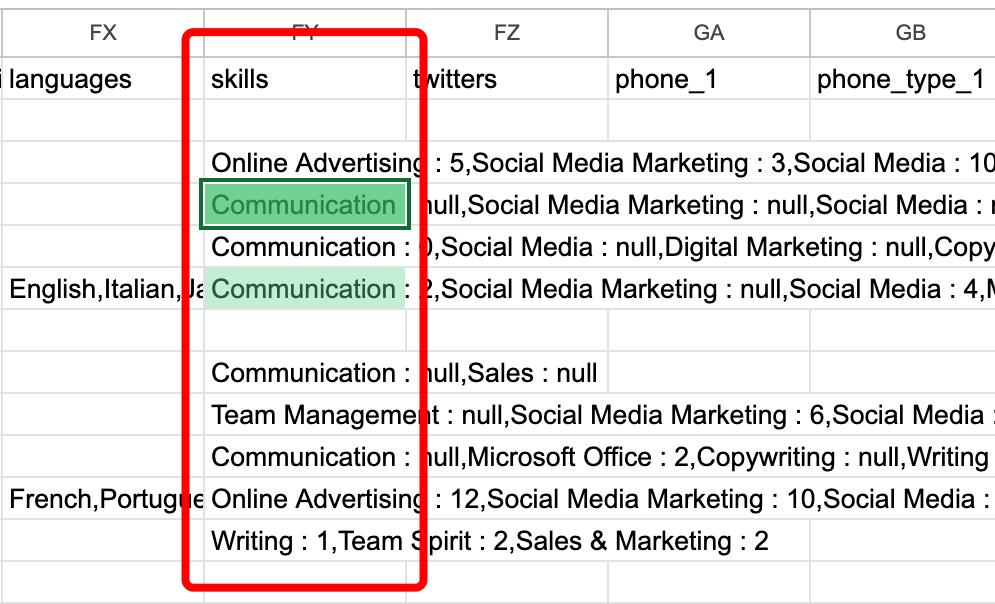Eggs and Brain Health: Unveiling the Cognitive Benefits of Choline-Rich Diets
Table of Contents
Recent research has illuminated the significant role of choline—a nutrient abundant in eggs—in supporting brain function and cognitive health. This discovery underscores the potential of incorporating choline-rich foods into our diets to enhance mental acuity and reduce the risk of cognitive decline.
The Role of Choline in Brain Function
Choline is a vital nutrient that contributes to the production of acetylcholine, a neurotransmitter essential for memory and cognitive processing. Adequate choline intake supports the structural integrity of brain cell membranes, aligning with previous studies linking choline consumption to improved cognitive function.
Study Findings on Egg Consumption and Health Risks
A comprehensive study involving a food questionnaire revealed that individuals who consumed eggs 1–6 times per week had a 29% lower risk of death from heart disease and a 17% lower risk of overall mortality compared to those who rarely or never ate eggs. Notably, daily egg consumption did not increase the risk of death, suggesting that moderate egg intake may offer health benefits without adverse effects.
Addressing Cholesterol Concerns
Despite concerns about cholesterol content, this study provides a more encouraging perspective on egg consumption. High cholesterol often lurks in the shadows, ominously dubbed the "silent killer" due to its symptom-free presence until it starkly manifests in serious health issues like heart disease, stroke, and kidney disease. However, the study’s findings suggest that moderate egg consumption may not pose significant health risks.
Implications for Cognitive Health
The study’s findings highlight the potential benefits of choline-rich diets, such as those including eggs, for brain health. With Alzheimer’s disease being a major contributor to dementia worldwide, the link between diet and cognitive aging grows more prominent. Incorporating choline-rich foods into the diet may support cognitive function and reduce the risk of cognitive decline.
Conclusion
Incorporating choline-rich foods like eggs into your diet may support cognitive function and reduce the risk of cognitive decline. Moderate egg consumption appears to offer health benefits without significant adverse effects, making it a valuable component of a balanced diet.
Egg Consumption and Health: Recent Insights:
Are eggs good for memory and focus?
Eggs and Brain Health: Unveiling the Cognitive Benefits of Choline-Rich diets
recent research highlights the meaningful role of choline,a nutrient abundant in eggs,in supporting brain function and cognitive health. This underscores the potential of incorporating choline-rich foods into our diets to enhance mental acuity and reduce the risk of cognitive decline [[3]].
The Role of Choline in Brain Function
choline is vital for producing acetylcholine, a neurotransmitter essential for memory and cognitive processing. Adequate choline intake supports the structural integrity of brain cell membranes, aligning with studies linking choline consumption to improved cognitive function [[2]], [[1]].
Study Findings on Egg Consumption and Health Risks
A study using a food questionnaire found that individuals consuming eggs 1–6 times per week had a 29% lower risk of death from heart disease and a 17% lower risk of overall mortality compared to those who rarely or never ate eggs. Daily egg consumption did not increase the risk of death, suggesting moderate egg intake may offer health benefits.
Addressing Cholesterol Concerns
Despite cholesterol concerns, the study suggests moderate egg consumption may not pose significant health risks. While high cholesterol,often called the “silent killer,” can lead to heart disease,stroke,and kidney disease,the findings offer an encouraging perspective on egg consumption.
Implications for Cognitive Health
The study highlights the potential benefits of choline-rich diets, like those including eggs, for brain health. As Alzheimer’s disease becomes a major contributor to dementia worldwide, the connection between diet and cognitive aging grows more significant. incorporating choline-rich foods may support cognitive function and reduce the risk of cognitive decline [[3]].
Summary of Egg Consumption and Health Benefits
| Benefit | Description |
|——————————|——————————————————————————————-|
| Cognitive Function Support | Choline contributes to acetylcholine production, crucial for memory and processing |
| Reduced Mortality Risk | 29% lower risk of death from heart disease, 17% lower risk of overall mortality (1-6 eggs/week) |
| Brain Cell Integrity | Choline supports the structure of brain cell membranes |
Conclusion
incorporating choline-rich foods like eggs into your diet may support cognitive function and reduce the risk of cognitive decline. Moderate egg consumption appears to offer health benefits without significant adverse effects, making it a valuable component of a balanced diet [[2]], [[1]].
Egg Consumption and Health: Recent Insights
* What to know about eating eggs as bird flu spreads
What are your thoughts on the role of eggs in a healthy diet? Share your experiences and insights in the comments below!

